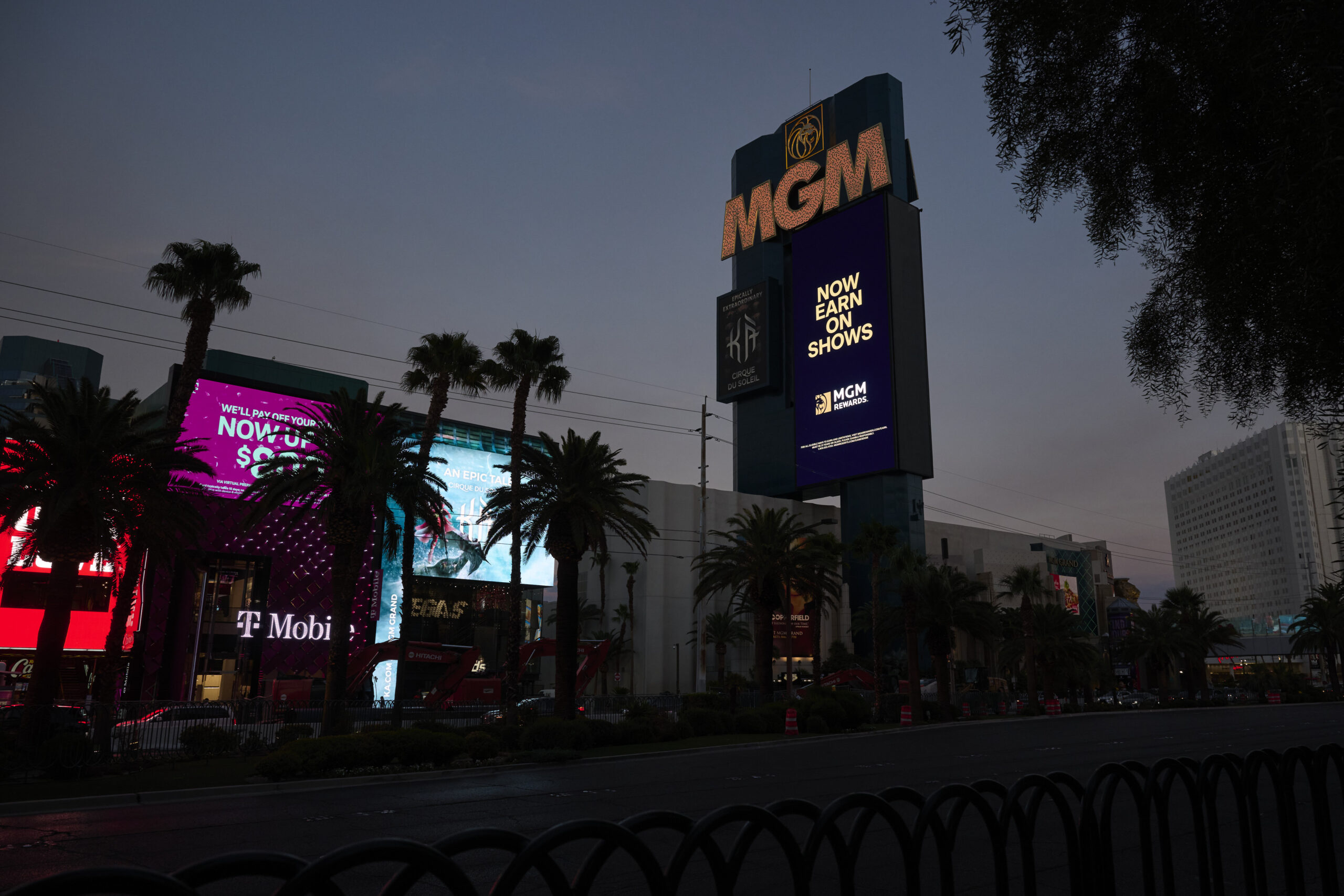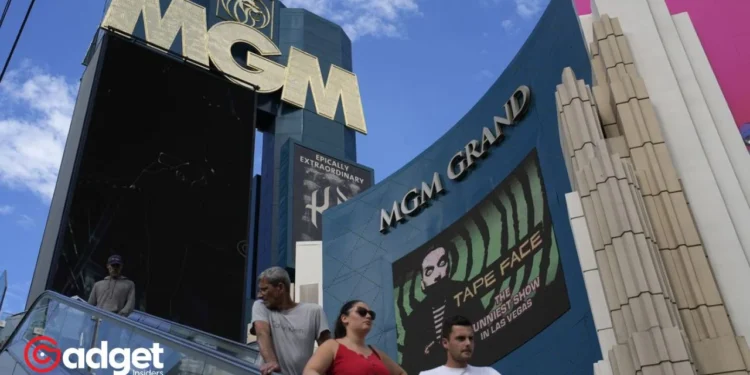In a world where the glitz and glamour of Las Vegas never dims, a shadow loomed large over MGM Resorts International in September, following a cyberattack that didn’t just threaten the digital sanctity of this entertainment colossus but also wiped a staggering $100 million from its third-quarter profits.
This wasn’t merely a technical glitch causing slot machines to spit out error messages and create long queues at the Las Vegas hotels; it was a sophisticated assault claimed by the hacker group AlphV, in collaboration with Scattered Spider, aimed at pilfering data for extortion.
The fallout from this digital heist has drawn the keen eyes of US state and federal officials, including the FBI, prompting a thorough investigation into the breach’s intricacies and MGM Resorts’ cybersecurity protocols.
As Reuters reported, the casino operator’s cooperative stance with regulatory bodies underscores the severity of the incident and the broader implications for consumer data security in the hospitality and entertainment sectors.
MGM Resorts: The High Stakes of Data Privacy
Amid the chaos, the breach’s repercussions on customer privacy have been profound. Sensitive information, including names, contact details, and even Social Security numbers, was compromised, affecting transactions predating March 2019. This breach has cast a long shadow over MGM Resorts’ reputation, especially considering the company’s substantial visitor traffic each year.

The incident, as reported by TechTimes, disrupted various operational facets, highlighting the vulnerabilities in modern digital infrastructures of major hospitality players.
However, in a notable divergence from other high-profile cyberattacks, MGM Resorts refrained from paying the attackers’ ransom, setting a precedent in an era where digital blackmail has become all too common.

A Broader Cybersecurity Crusade
The MGM Resorts cyberattack unfolds against the backdrop of a larger narrative under the Biden Administration, which is ramping up efforts to fortify the nation’s cybersecurity infrastructure.
This week’s executive order to bolster port cybersecurity is a testament to the administration’s commitment to protecting critical infrastructure against digital threats. The initiative aims to impose rigorous cybersecurity standards on port operators, mirroring safety protocols in physical security.
MGM Resorts says regulators probing September cyberattack https://t.co/bviWf9fy07 pic.twitter.com/Bk7GY80yOz
— Reuters (@Reuters) February 23, 2024
This move is not just about safeguarding economic interests but also about defending the backbone of America’s supply chains and industrial base against espionage and sabotage.
The emphasis on marine cybersecurity underscores the pivotal role of the Marine Transportation System (MTS) in the US economy, emphasizing the need for stringent security measures in an increasingly interconnected and digital world.
MGM Resort Cyber Theft: Navigating the Cyber Threat Landscape
As MGM Resorts and other entities reel from the impacts of cyberattacks, the incident serves as a clarion call for enhanced digital defenses across industries. The collaborative efforts between state and federal agencies, coupled with proactive measures by corporations, are critical in mitigating future threats.
In this digital age, where cybercriminals lurk behind screens, the siege on MGM Resorts is a stark reminder of the vulnerabilities that exist and the collective resolve needed to combat them.

In the aftermath of the attack on MGM Resorts, the entertainment industry and critical infrastructure sectors stand at a crossroads. The path forward requires technological innovation and a shared commitment to cybersecurity, ensuring that the shadow of cyber threats does not dim the bright lights of Las Vegas and beyond.










